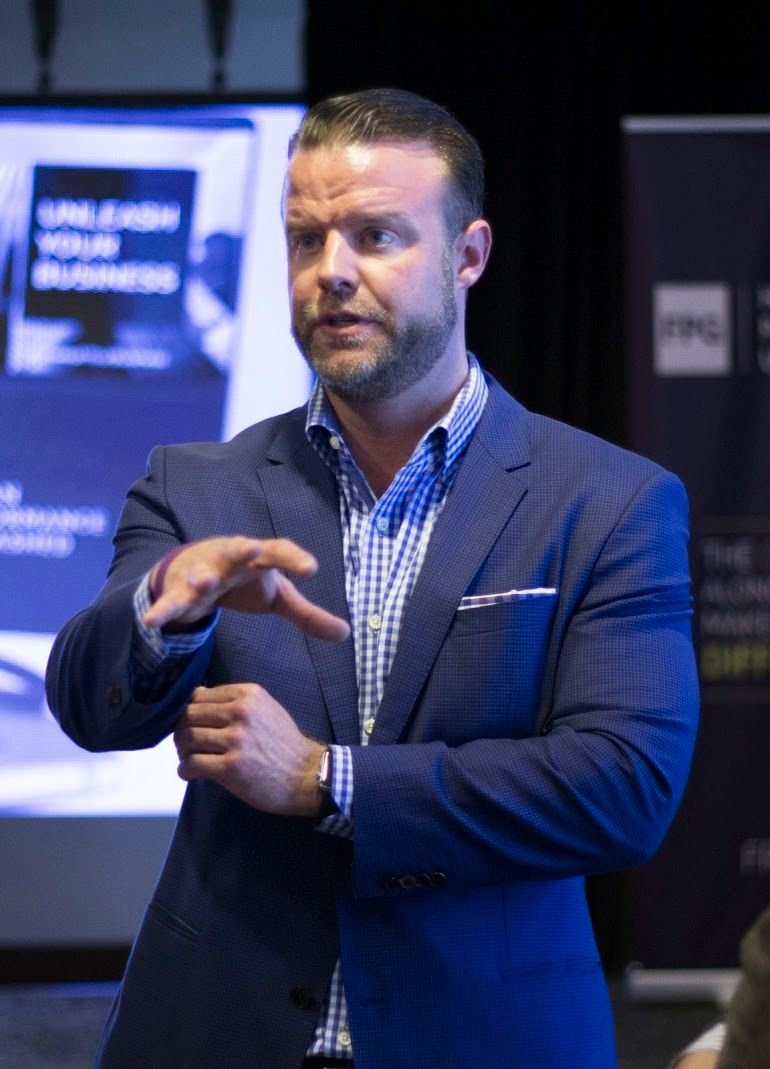3 Ways to Nurture a Happily Productive Team via Jason Forrest.
A company’s biggest asset (and biggest investment) is its team. When the people who represent the brand and see the vision through are at their most productive, they are also at their happiest. The reverse is true, too. When they’re happy, they’re more productive. It behooves leaders to nurture that cycle.
People require respect and consistent tending to achieve their fullest professional potential. The single biggest variable affecting production is how people utilize their time.
The following three steps will help leaders support team members in maximizing their time, and therefore, productivity.
1. Set clear goals and expectations.
Before we hire anybody in my company, we make sure the purpose of their role and the specifics of what they’ll be doing are perfectly clear.
Clearly defining roles and how they support big-picture objectives up front allows us to identify and hire the right people. If we don’t know exactly what we expect someone to accomplish, we can end up putting too much on their plate, misaligning how they’re using their time, and/or failing to play to their strengths.
2. Meet with employees regularly.
A quarterly analysis allows leaders to do a 5,000-foot review to assess whether something needs to change in an employee’s role. Ideally, they’ll be maximizing their talents and doing things that engage and strengthen them at least 80 percent of the time. Reviews may help uncover areas people didn’t know were strengths and provide opportunities for them to evolve into new and unfamiliar roles. Leaders can help them expand their role if they’re thriving, or take stuff off their plate that’s distracting them if they’re overwhelmed or lacking stimulation.
Look at what each employee is really doing and identify what distracts them. Sometimes the right person is just in the wrong place. Ask employees to share what they’re doing on a typical day and compare that with what charges their batteries. Ideally, they’ll spend less than 20 percent of their time on tasks required by their role that don’t stimulate them.
In addition to quarterly meetings, provide targeted coaching every other week. Talk through employees’ short-term goals, what they’re doing to achieve those goals, and what obstacles are in the way. Find out what they need from teammates and any tools and systems that would support them. Provide support that enables them to stay on track. These meetings minimize the need for major course corrections during quarterly reviews while also contributing to the cycle that leads to happy and productive employees. This is an ongoing process that’s about teaching, not doing someone’s work for them.
3. Tell them why their contributions matter.
Have regular review meetings to share why each person’s work matters. They need to see how what they do contributes to the overall goals of their department and/or the business as a whole. A lot of employees don’t understand the big picture without this kind of coaching. Take the time to show them, then keep reminding them.
Time is money. Investing in the most important and dynamic aspect of any business (its people) is time (and money) well spent.
Being a successful sales leader isn’t about knowing how to sell.
It’s about being a great coach.
At FPG, we know the struggles organizations and sales teams face under ill-equipped leaders. Organizations depend on the revenue sales generates to ensure the entire company’s success. And if they fail, everyone fails.
FPG’s Sales Leadership Mastery 12-Month program is designed to bring real change to sales leaders and deliver serious results for your organization. Contact us today!

Jason Forrest
Jason Forrest has disrupted the sales training industry by creating the first training program that changes behavior. This is done through 1) teaching tactical real-world processes; 2) the language of persuasion, 3) removing the mental leashes that hold people back, and 4) through a program-based training approach. This philosophy is what led his Warrior Selling® and Leadership Sales Coaching programs to be ranked in the top 2 of the World’s Top Sales Development Programs, by Global Gurus. His provocative style of speaking his truth ranks him at number 5 on the Global Sales Guru list.
Jason is a Master Practitioner in Neuro-Linguistic Programming, the science of influence and behavioral change. He is also a Practitioner in Accelerated Evolution, the psychology of removing fear in high performers.










